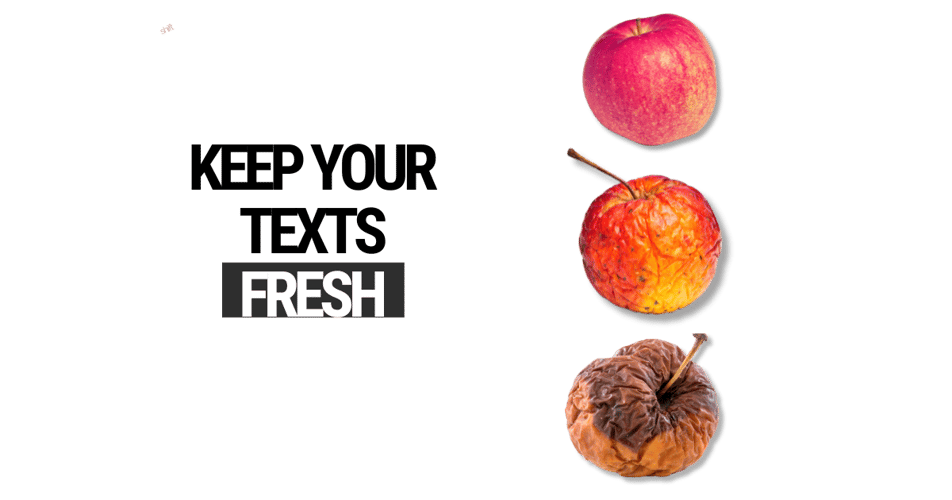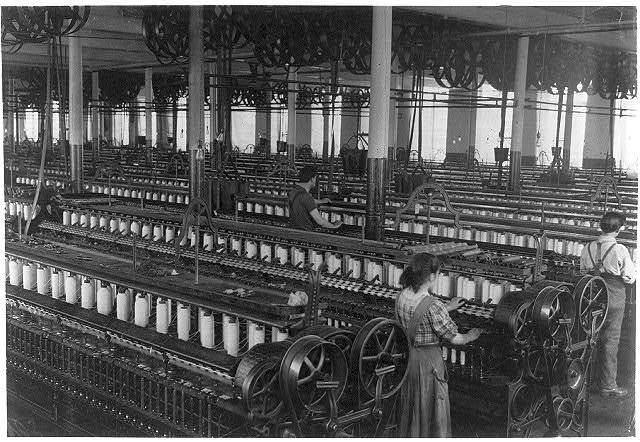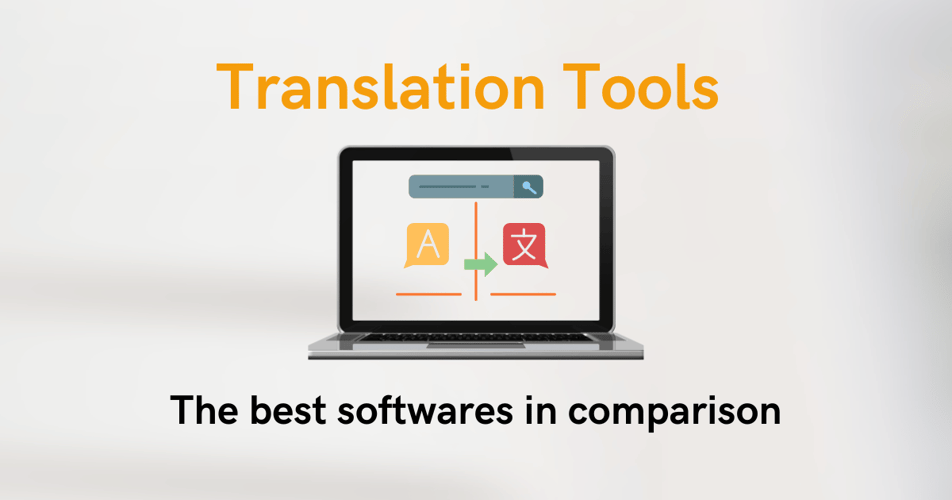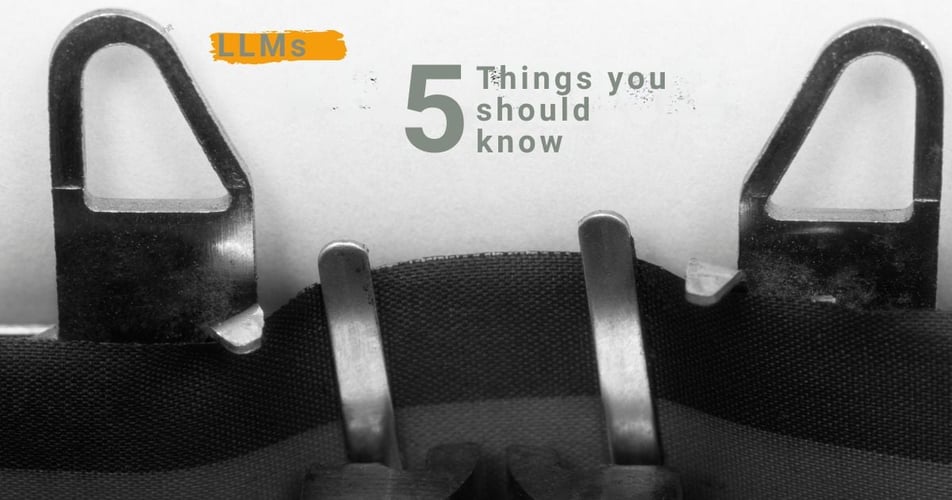
Auto-Updating Copy
Google Changes Rich Search Results for How-tos and FAQs
How does Google evaluate automated content and will this content be penalized? Read about all current developments here!




